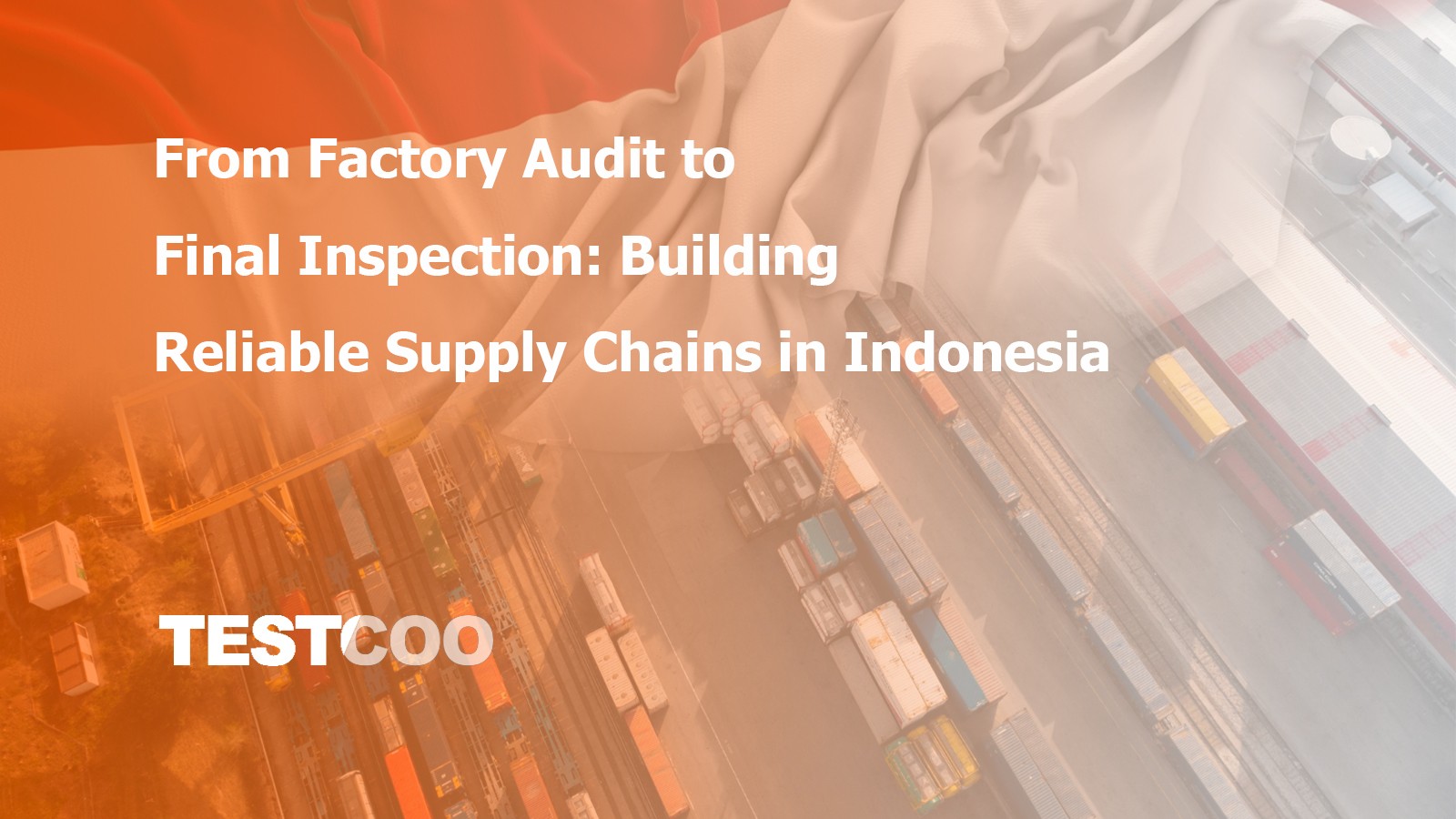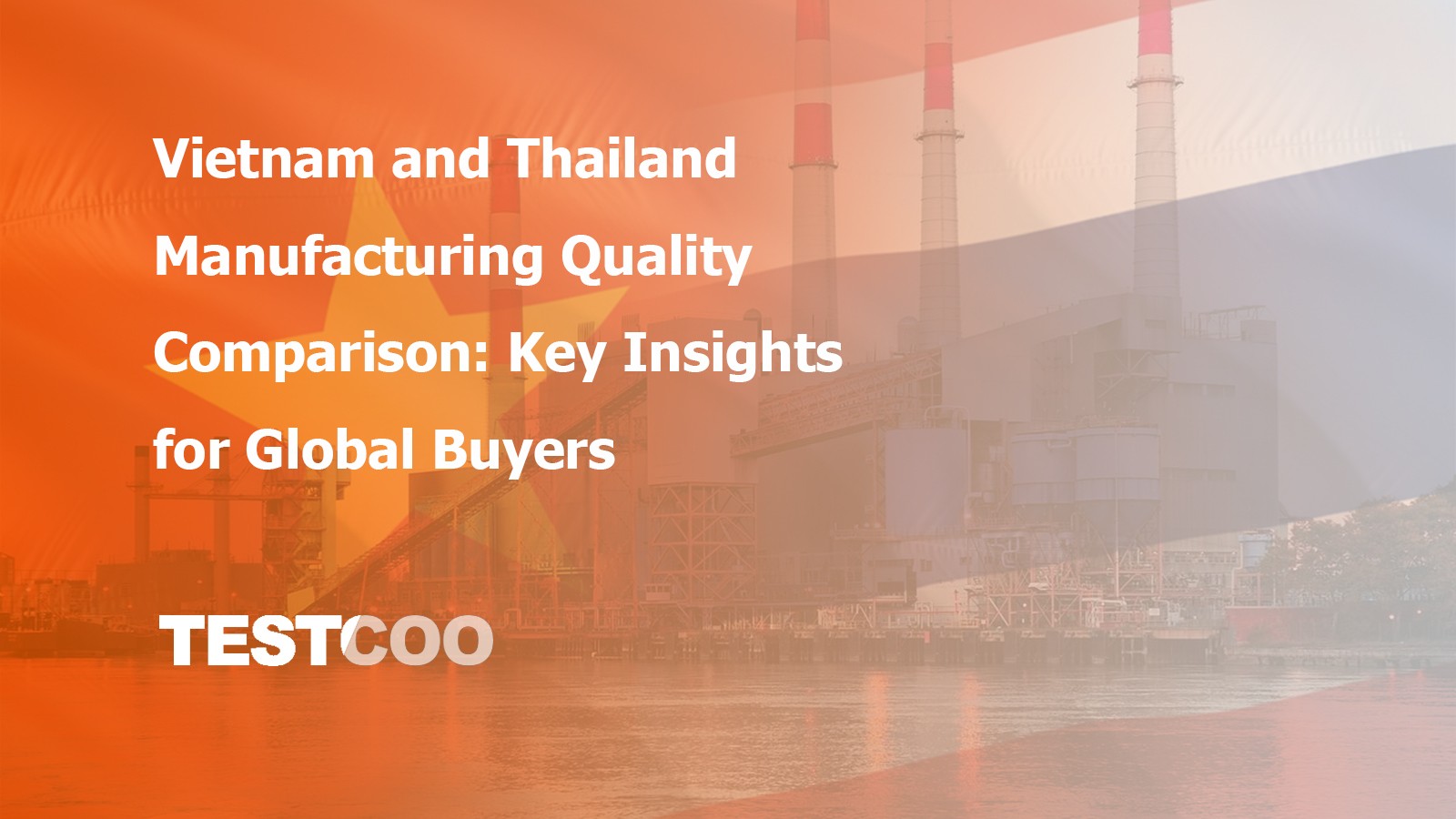SLCP Audit: A Smarter Path to Social Compliance and Factory Transparency
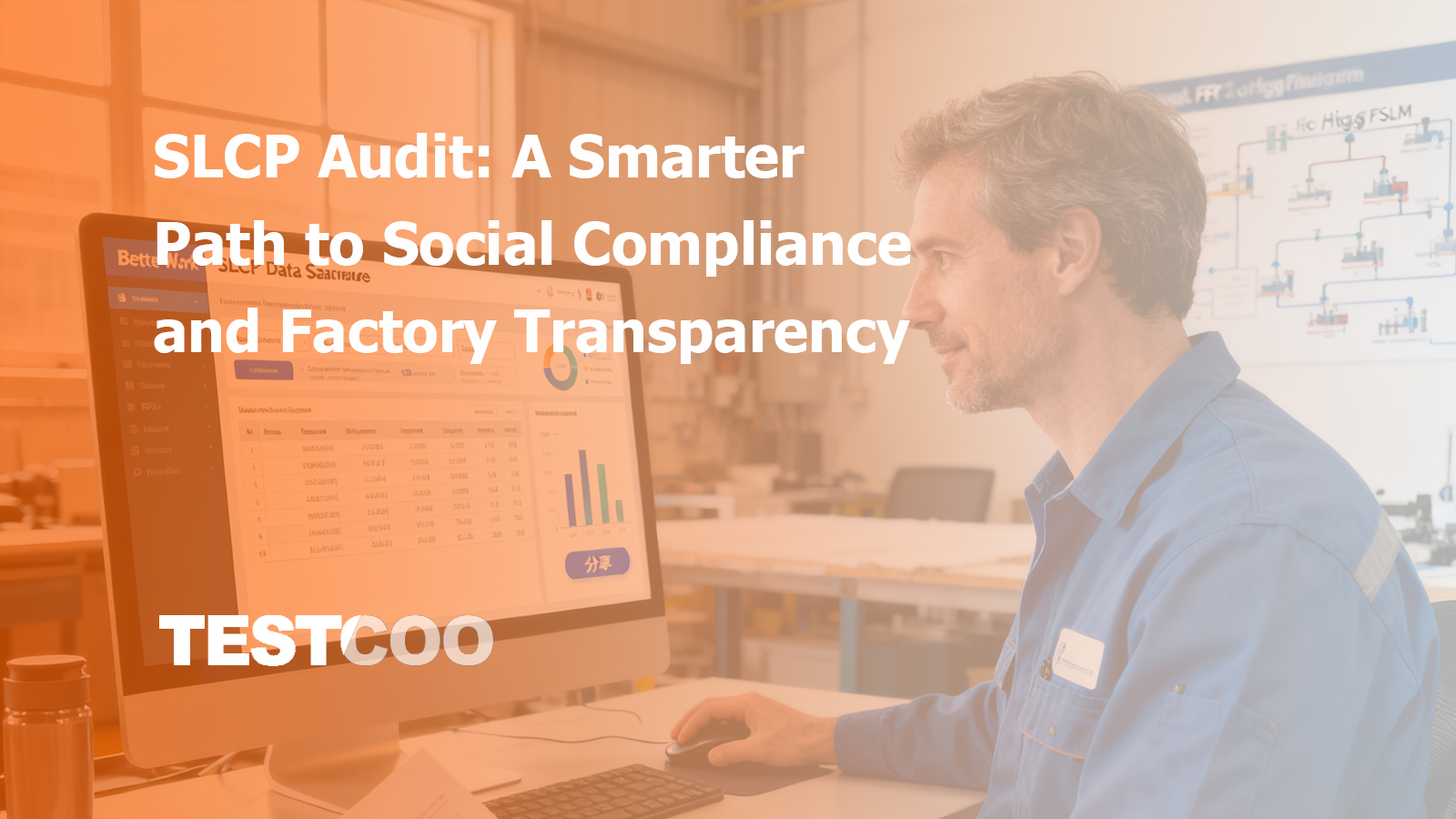
In the apparel and textile industry, social responsibility is no longer just a good-to-have, it’s a business necessity. With global buyers demanding ethical sourcing and transparency, manufacturers and brands alike are turning to standardized frameworks to demonstrate their commitment to fair labor and safe working conditions.
One such framework gaining rapid momentum worldwide is the Social & Labor Convergence Program (SLCP). Unlike traditional social audits, SLCP isn’t another checklist, it’s a collaborative, data-driven initiative designed to harmonize and simplify social assessments across the global supply chain.
In this guide, we’ll explore what an SLCP audit is, how it works, why it matters and how Testcoo supports brands, factories and suppliers in achieving SLCP verification efficiently and effectively.
What Is the SLCP Audit?
The Social & Labor Convergence Program (SLCP) is an industry-wide initiative launched in 2015 to reduce audit fatigue and promote transparency in labor and social conditions within manufacturing facilities.
It aims to create a converged assessment framework that replaces multiple overlapping social audits with a single verified dataset that can be shared across brands and stakeholders.
In simple terms, instead of each brand conducting its own separate social audit, factories can undergo one standardized SLCP assessment verified once and shared with multiple partners saving time, effort and resources.
The SLCP is not a certification, but rather a data collection and verification system. It doesn’t give a pass/fail result; instead, it provides factual, credible data on a factory’s social and labor practices. Brands and buyers can then interpret that data based on their own compliance standards.
Read more: 7 Types of Factory Audits that Help to Evaluate Your Supplier
Why the Industry Needed SLCP
For decades, manufacturers faced the same problem: every brand wanted its own audit. One factory supplying to five brands might have to go through five separate social audits each year.
This repetitive process caused:
- Audit fatigue for factories and workers.
- Inconsistent results due to varying audit methodologies.
- Wasted resources, both financial and human.
- Limited improvement because time was spent on audits, not on corrective actions.
The SLCP was designed to harmonize this process by creating one standard approach to assess social and labor conditions. It eliminates duplication and focuses on what really matters which is continuous improvement.
SLCP’s Mission and Core Objectives
The Social & Labor Convergence Program was developed by a diverse group of stakeholders - brands, manufacturers, industry associations and NGOs with the goal of driving collaboration, not competition, in social compliance.
Its key objectives include:
- Reducing audit duplication across the supply chain.
- Enhancing transparency in factory working conditions.
- Encouraging collaboration through shared, verified data.
- Focusing on improvement rather than mere compliance.
- Empowering factories to own and manage their social data.
The ultimate vision of SLCP is to shift the industry mindset from “auditing for compliance” to “measuring for improvement.”
How the SLCP Process Works
The SLCP audit process involves three main stages: self-assessment, verification and data sharing.
1. Self-Assessment
Factories begin by completing the Converged Assessment Framework (CAF), a detailed questionnaire that covers multiple social and labor aspects such as:
- Wages and benefits
- Working hours
- Health and safety
- Worker representation
- Management systems
This self-assessment allows factories to evaluate themselves honestly and identify areas of improvement before external verification.
2. Verification
Once the self-assessment is complete, the factory selects an SLCP-approved verifier body, such as Testcoo, to review and validate the responses.
During the verification, a trained and accredited Verifier visits the facility, cross-checks documents, interviews workers and observes practices to ensure that the data provided is accurate and credible.
The verifier’s role is not to judge or score the factory, but to verify the accuracy of the information.
3. Data Hosting and Sharing
After verification, the data is uploaded to an SLCP-approved Accredited Host (AH) platform such as Better Work, Fair Factories Clearinghouse (FFC) or Higg FSLM.
The factory can then share this verified data with multiple brands, buyers and business partners through the platform eliminating the need for repeated audits.
Read more: 7 Difference between SLCP and Higg FSLM
SLCP vs. Traditional Social Audits
SLCP’s collaborative approach not only saves costs but also promotes a more sustainable and trust-based relationship between brands and suppliers. The below table lists some of the important differences between SLCP Verification and other traditional social audits.
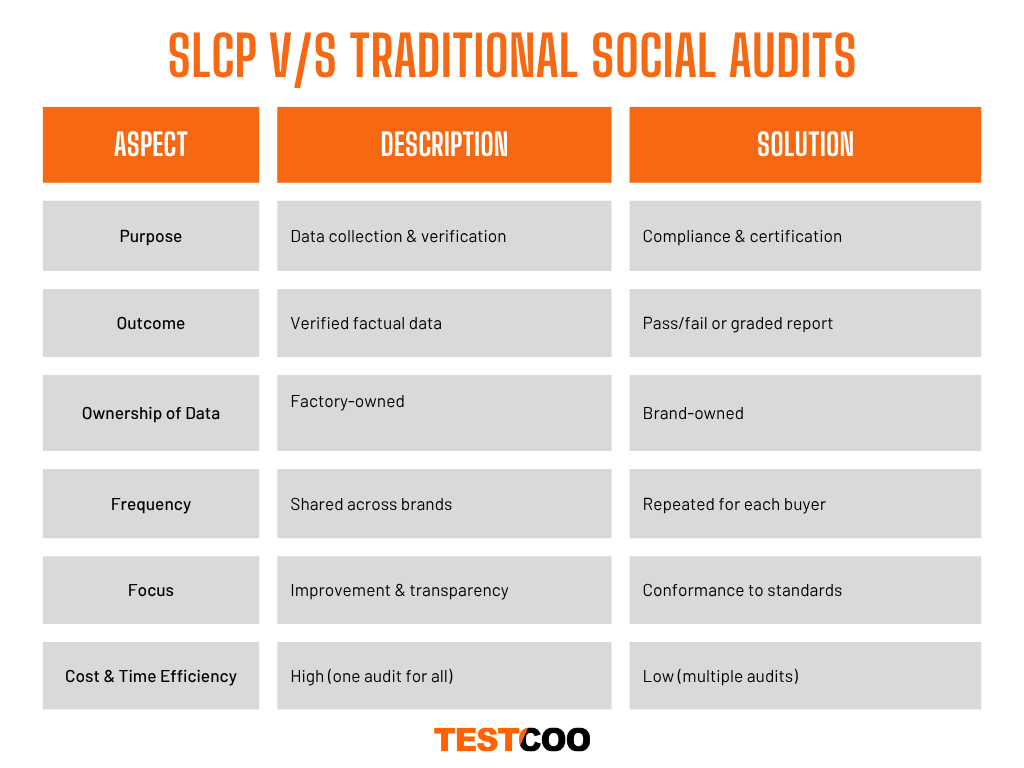
Read more: What is Social Compliance Audit?
Benefits of SLCP for Factories
1. Elimination of Audit Fatigue
Factories no longer need to undergo multiple audits from different buyers. One SLCP verification serves all partners.
2. Cost and Time Savings
With fewer audits, factories can focus resources on implementing improvements instead of repetitive compliance checks.
3. Ownership of Data
The verified data belongs to the factory, not the auditing body or the brand. This empowers suppliers with control and transparency.
4. Improved Buyer Relationships
Sharing verified SLCP data builds trust and enhances collaboration with buyers who appreciate transparency and reliability.
5. Continuous Improvement
Since SLCP doesn’t give a pass/fail result, factories are encouraged to focus on long-term improvement rather than short-term compliance.
Benefits of SLCP for Brands and Retailers
1. Standardized Data for Global Comparison
Brands sourcing from multiple regions can now access standardized, verified social data, simplifying supplier benchmarking.
2. Reduced Duplication and Costs
By relying on shared SLCP data, brands avoid redundant audits and reduce operational costs.
3. Enhanced Supply Chain Transparency
SLCP promotes openness, enabling brands to make data-driven sourcing decisions aligned with ESG goals.
4. Improved Supplier Relationships
When brands collaborate with factories rather than policing them, partnerships become more productive and sustainable.
SLCP and the Future of Ethical Sourcing
SLCP represents a major step forward in transforming how the apparel and footwear industry measures social compliance. It shifts the focus from “Who’s compliant?” to “Who’s improving?”
As global supply chains become more complex and ESG (Environmental, Social and Governance) reporting becomes mandatory in many regions, SLCP plays a crucial role in bridging transparency gaps.
Factories that adopt SLCP today will be better prepared for tomorrow’s compliance landscape where buyers value openness, traceability and continuous improvement.
Testcoo’s Role as an SLCP-Approved Verifier
At Testcoo, we are proud to be an SLCP-Approved Verifier Body. Our global team of experienced social auditors and verifiers help factories and brands navigate the SLCP process seamlessly.
Here’s how we add value at every stage:
Pre-Assessment Support
We help factories understand the Converged Assessment Framework (CAF) and guide them on how to complete the self-assessment effectively.
Professional Verification
Our trained verifiers conduct impartial, accurate and efficient verifications that align with SLCP standards ensuring credibility and acceptance across brands.
Post-Verification Guidance
We provide insights into areas of improvement so factories can take corrective actions and strengthen their social management systems.
Global Reach with Local Expertise
With offices in Asia and inspectors worldwide, we ensure timely support, language familiarity and deep understanding of local regulations.
SLCP Partner Ecosystem
SLCP works in partnership with several organizations that host and manage verified data. The three key Accredited Hosts (AHs) are:
- Better Work (BW) – Focused on improving labor standards in garment factories through joint ILO and IFC initiatives.
- Fair Factories Clearinghouse (FFC) – A secure platform for sharing compliance and audit data.
- Higg Index – Facility Social & Labor Module (FSLM) – Provides analytics and benchmarking for sustainability performance.
Factories can choose any of these platforms to host and share their verified data.
Key Components of the SLCP Assessment
The SLCP’s Converged Assessment Framework (CAF) covers 8 major modules:
- Facility Profile
- Management Systems
- Human Resources
- Working Hours
- Wages and Benefits
- Health & Safety
- Worker Involvement
- Empowerment & Community Engagement
These modules provide a 360° view of social and labor practices within a facility ensuring comprehensive transparency.
Challenges in SLCP Implementation
While SLCP offers numerous advantages, implementation can be challenging without proper guidance. Common challenges include:
- Misunderstanding of CAF questions.
- Incomplete or inaccurate self-assessments.
- Insufficient documentation or recordkeeping.
- Language barriers and miscommunication.
- Delay in verification scheduling.
Partnering with an experienced verifier like Testcoo ensures a smooth and compliant process from start to finish.
Tips for a Successful SLCP Verification
- Understand the Framework – Study the CAF questions thoroughly before starting.
- Gather Evidence – Maintain accurate records of payrolls, working hours and health & safety documents.
- Engage Workers – Encourage open communication during worker interviews.
- Be Transparent – Honest answers build credibility. SLCP is not about punishment, but progress.
- Work with Experts – Collaborate with experienced verifier bodies like Testcoo for guidance and support.
How SLCP Aligns with Global Sustainability Goals
The SLCP’s mission aligns with broader global initiatives like the United Nations Sustainable Development Goals (SDGs), particularly:
- SDG 8 – Decent Work and Economic Growth
- SDG 12 – Responsible Consumption and Production
- SDG 17 – Partnerships for the Goals
By adopting SLCP, brands and factories contribute directly to these global sustainability targets strengthening their ESG and CSR credentials.
The Road Ahead: Digital Transformation and SLCP
With the growing adoption of digital platforms in quality and compliance management, SLCP data is increasingly being integrated with SaaS-based QC and audit systems.
Platforms like Testcoo’s digital ecosystem make it easier for brands and factories to:
- Store, manage and analyze SLCP data.
- Link social compliance with quality performance.
- Generate insights for sustainable sourcing decisions.
This integration marks the next evolution in responsible supply chains combining transparency, efficiency and technology.
Partner with Testcoo to adapt to the Changing Compliance Landscape
The Social & Labor Convergence Program is more than an audit, it’s a movement towards smarter, fairer and more efficient social compliance.
For factories, it means fewer audits, lower costs and more control over their data.
For brands, it means access to reliable, standardized and transparent information across global suppliers.
And for the industry, it means a unified step toward collective improvement.
At Testcoo, we’re proud to be part of this transformation helping businesses navigate SLCP verification with expertise, accuracy and trust.
Whether you’re a factory looking to start your first SLCP assessment or a brand aiming to streamline your social compliance efforts, Testcoo’s global team is ready to support you every step of the way.
Simplify your compliance journey. Empower your factory with verified social data.
Contact Testcoo today to begin your SLCP verification and take the next step toward transparent, ethical and sustainable sourcing.
Free Sample Report Performance Quality Control
Download a sample report to keep control of your supply chain!
Featured Articles
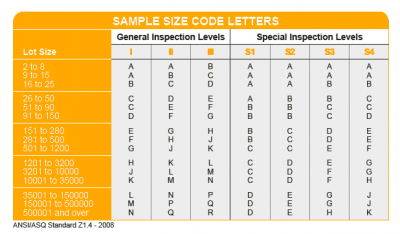 AQL Table | How to Read It
AQL Table | How to Read It TOP 10 Common Defects in Garments Quality Inspection
TOP 10 Common Defects in Garments Quality Inspection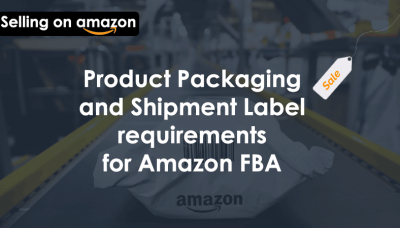 Product Packaging and Shipment Label requirements for Amazon FBA
Product Packaging and Shipment Label requirements for Amazon FBA What Is ASTM-F2413-18? Protective Footwear Standard
What Is ASTM-F2413-18? Protective Footwear Standard How to Conduct Third-Party Quality Control Inspections for Electric Scooters
How to Conduct Third-Party Quality Control Inspections for Electric Scooters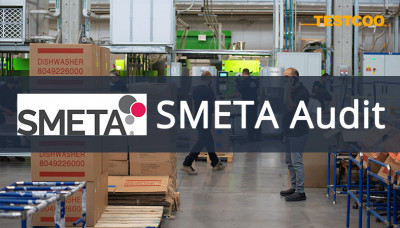 SMETA Audit-What is SMETA Audit?
SMETA Audit-What is SMETA Audit?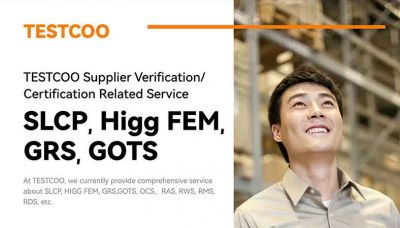 TESTCOO Supplier Verification/Certification Service SLCP, Higg FEM, GRS, GOTS
TESTCOO Supplier Verification/Certification Service SLCP, Higg FEM, GRS, GOTS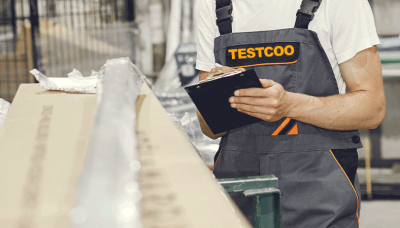 Quality Control Inspection Company in China
Quality Control Inspection Company in China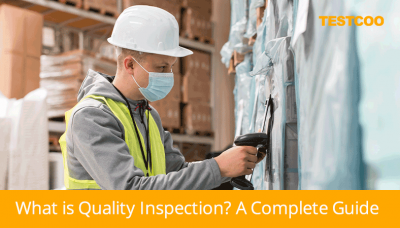 What is Quality Inspection? A Complete Guide
What is Quality Inspection? A Complete Guide Guidelines for Product Inspection in India
Guidelines for Product Inspection in India
Category
- Production Inspection Service
- Factory Audit
- Softline Inspection
- Hardline Inspection
- Electrics Inspection
- Certification
- Checklist
- Manufacturers
- Quality Assurance Basics
- Products Recall
- AQL
- Guidence and Standard
- News
- Supplier Management
- Amazon
- Protective Equipment
- e-commerce quality control
- Indian Manufacturing
- Soft Goods Quality Control
- Supply Chain Management
- Supply Chain Resilience
- E-Commerce Quality Control
- ISO 2859
- Supply Chain Optimization
- Garment Industry
- Higg Index

